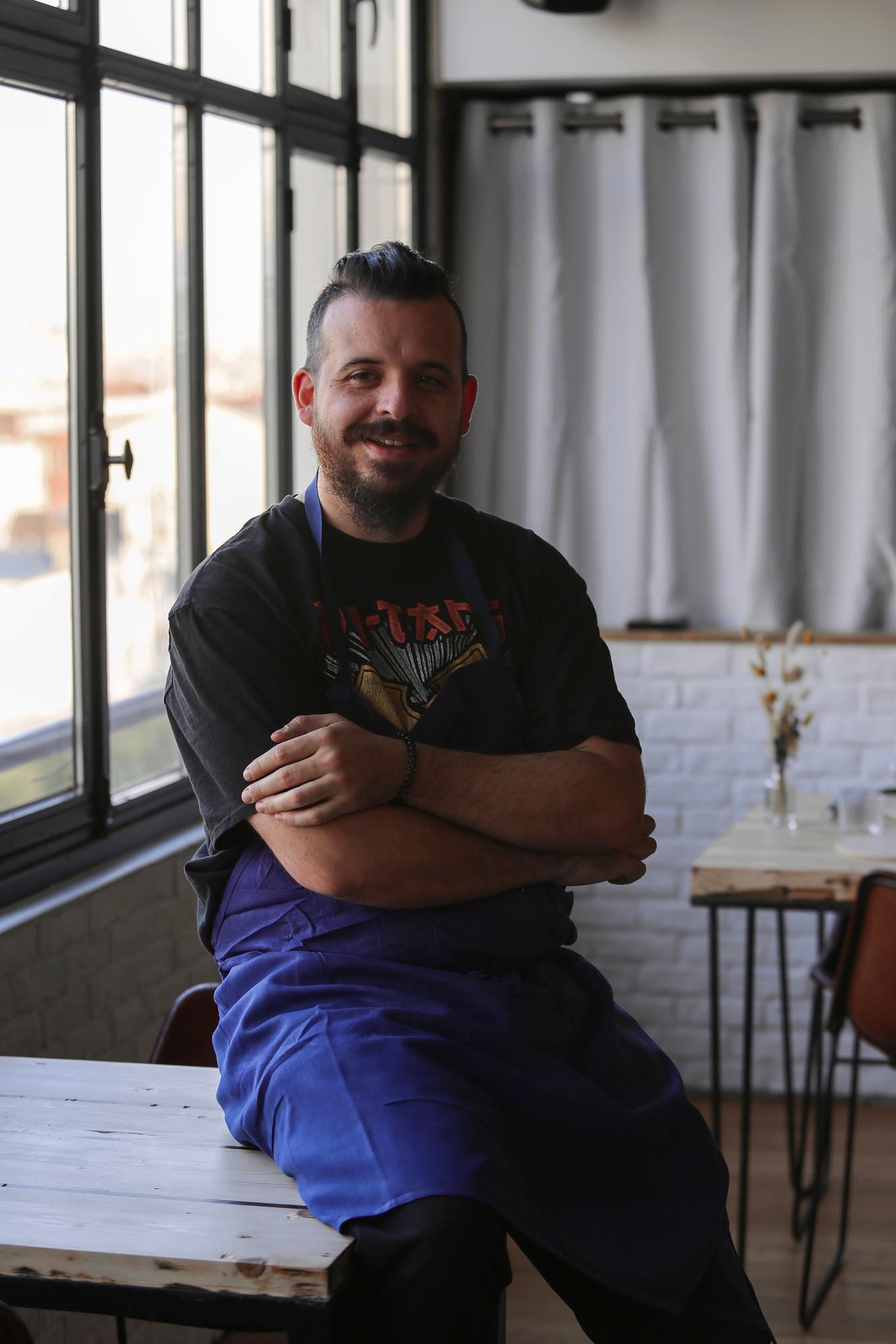This summer, Adrien Cachot went on tour. After a seven-month residency at Le Perchoir in Paris, the former “Top Chef” candidate performed for a few days on the Vegaluna beach in Cannes (Alpes-Maritimes), then in duet with chef Luidgi Coutépéroumal in Martinique; he made an appearance at the We Love Green and Garorock festivals, then a week at the Hôtel du Castellet in the Var.
From now on, the words “residence” and “tour” no longer apply only to singers who, like Britney Spears, perform weeks of concerts in Las Vegas before taking their show around the world. The cooks, who are also frequently compared to rockstars since television shows have uprooted them from their stoves, also belong to the world of entertainment. And, in these uncertain times, mobility tends to become a new norm.
“I don’t want to have the life of the chefs I’ve worked with before: all week in the kitchen and weekends doing my accounts”, Chloé Charles, chef.
It has not always been so. “When we launched our restaurant concept with chefs in residence seven years ago, the bankers told us that it was absurd”recalls Sophie Cornibert, co-founder of Fulgurances.
In 2010, this Parisian culinary agency began with one-off events to highlight kitchen assistants, who took charge of a restaurant for an evening. “We felt that something strong was happening there, and we looked for a fixed place to deepen the concept”explains Sophie Cornibert.

In 2015, the agency therefore opened “Fulgurances, l’adresse”, a place dedicated to the ephemeral in eastern Paris which welcomes young chefs wishing to get started for three to six months. At its inception, this singular project struggled to recruit candidates, the very hierarchical – even a little fossilized – environment of French gastronomy sometimes having difficulty embracing this novelty.
But the advantages of the ephemeral end up seducing the refractory. To support the young culinary scene, Fulgurances – like the other similar projects that flourished in the following years – takes care of the daunting tasks: it recruits the staff around the chef (clerk, dishwasher, second, etc.), manages the administrative , assumes the financial risk of a restaurant. “We let the chef focus on the creative part”, summarizes Sophie Cornibert. An attractive prospect for those who entered the trade with the aim of inventing memorable dishes, but who must first spend years peeling vegetables (as a clerk) and then executing someone else’s dishes (all the other positions before that of chief).
You have 69.69% of this article left to read. The following is for subscribers only.